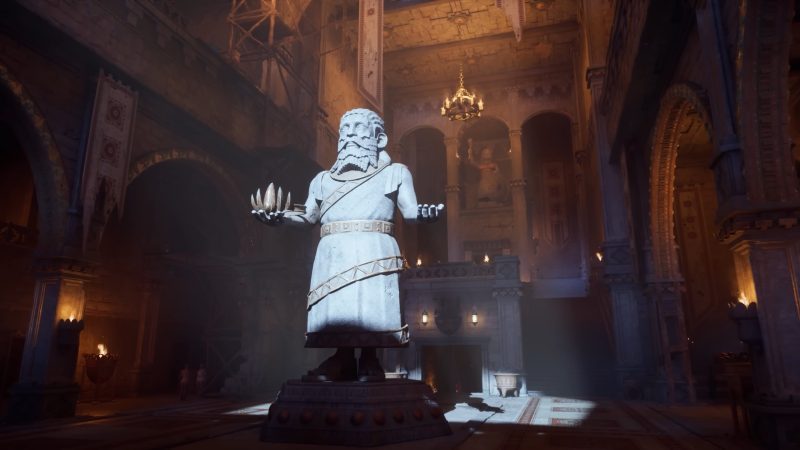After much ado, Phil Spencer's promised "Business Update" for Xbox has finally arrived as the ever-vocal Xbox head, alongside Sarah Bond and Matt Booty, unveiled strategic decisions that have significant implications for the future of Xbox and its expansive gaming ecosystem.
Central to this announcement was the revelation that put some of the biggest rumors to rest: that four unnamed Xbox exclusives, all more than a year old, will soon grace other platforms. It's an interesting decision that, while fostering broader accessibility, has sparked a dialogue among fans and industry observers about the evolving nature of game exclusivity and Microsoft's long-term vision for its gaming division.
The trio detailed this shift towards a more inclusive gaming landscape, among others, via the 22-minute podcast. In it, Spencer hinted at a potential industry-wide trend away from strict exclusivity, suggesting that community-driven online games are prime candidates for cross-platform play. This strategic pivot is aimed not only at maximizing business value but also at promoting the Xbox brand across a wider audience. Despite these changes, Spencer wants fans to feel reassured that its proprietary hardware would continue to offer the "best Xbox experience," teasing significant advancements for the next generation, presumably the rumored Xbox Series X refresh from last year and maybe even a new handheld device.
Another standout moment in the update was the announcement that Diablo 4, a title from the recently acquired Activision Blizzard, will make its Game Pass debut on March 28. This is the first of what promises to be a series of Activision Blizzard games to join the Game Pass roster, significantly enhancing the service's value for its 34 million subscribers. Diablo 4's inclusion is particularly noteworthy, given the game's success since its launch and its potential to attract even more players through Game Pass.

